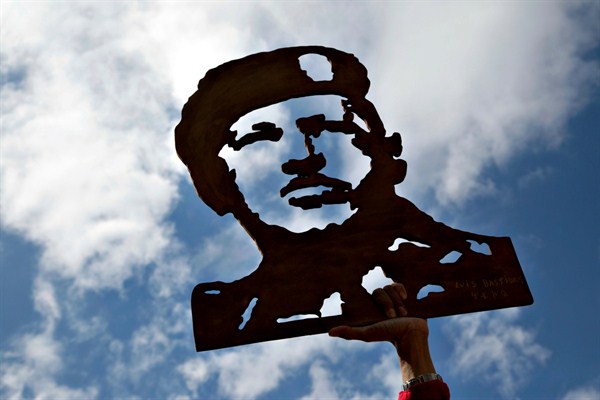Two countries in South America are currently working on writing new constitutions, and while one is showcasing its democratic credentials, the other continues its slide deeper into an economic and political crisis.
Chile has spent years consulting its citizens and probing lawmakers across the country in preparation for replacing a charter that was written in secret under the dictatorship of Augusto Pinochet nearly 40 years ago. Venezuela, meanwhile, will replace one controversial constitution—which was adopted in 1999 under the late President Hugo Chavez, a revolutionary to his supporters, and an illiberal authoritarian to his critics—with another that could be drafted in a matter of months and further consolidate power for Chavez’s increasingly autocratic successor, President Nicolas Maduro.
The lessons Venezuela could take from Chile in drafting a constitution—transparency, popular sovereignty, checks and balances—are so obvious, they may seem beside the point in understanding the state of either country’s democracy. But if they show anything, it is that a vast political disparity still exists in South America, and it isn’t going away anytime soon.

